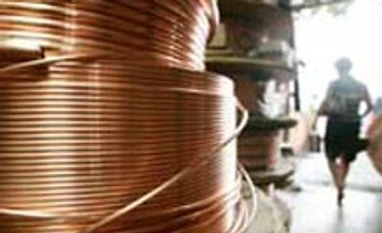It has directed formation of a committee to probe the health of area residents and also periodic reports on the manufacturing operations and pollution-related issues. Sterlite, part of the Vedanta group of companies, is to also abide by all directions of an earlier committee of experts which had probed the complaints against the factory.
Welcoming Thursday’s order, Sterlite has said it would implement all the recommendations in question.
Also Read
The factory was asked to close in end-March by the Tamil Nadu Pollution Control Board (TNPCB), after complaints to it and the district administration from area residents about health problems caused by the operations.
The matter went to the NGT, which in end-May asked a four-person committee, including two experts from the Indian Institute of Technology here (and the two-member-secretaries of the TNPCB and the Central Pollution Control Board), to probe.
The panel had, as mentioned, made various recommendations last month and said production could resume.
NGT issued an interim order and the factory resumed operations.
In Thursday’s order, NGT has directed TNPCB to commission a ‘source apportionment study’ in and around the industrial area in question within a specified time period and take measures on the findings, intimating NGT, too. While asking Sterlite to place its data of stack and ambient air quality in the ‘public domain’, i.e. online dissemination of data, it asked TNPCB to consider and pass appropriate orders on Sterlite’s application for renewal of operations.
TNPCB is to take “due notice” of the experts’ panel report of last month in dealing with Sterlite’s application.
That committee is to also oversee the manufacturing process and industrial activity, including pollution-related issues, and give a report to both NGT and the TNPCB once in every two months. As mentioned earlier, the company is to be bound by the suggestions already made, implementing these no later than eight weeks from now.
As for the study to be done in the region around the site in question, including checks on the health of residents, the NGT constituted a committee. This would have, it directed, the state government’s health secretary, the TNPCB member-secretary; the state’s Director General of Health Services, a political leader (Vaiko of the MDMK) and two independent experts, one from the field of environment and the other from public health, to be nominated by the Union ministry of environment and forests.
This committee shall place on record the causes for health hazards resulting in and around the industries and industrial clusters of Tuticorin. Their recommendations shall be placed before the NGT within six months, says the order.
)